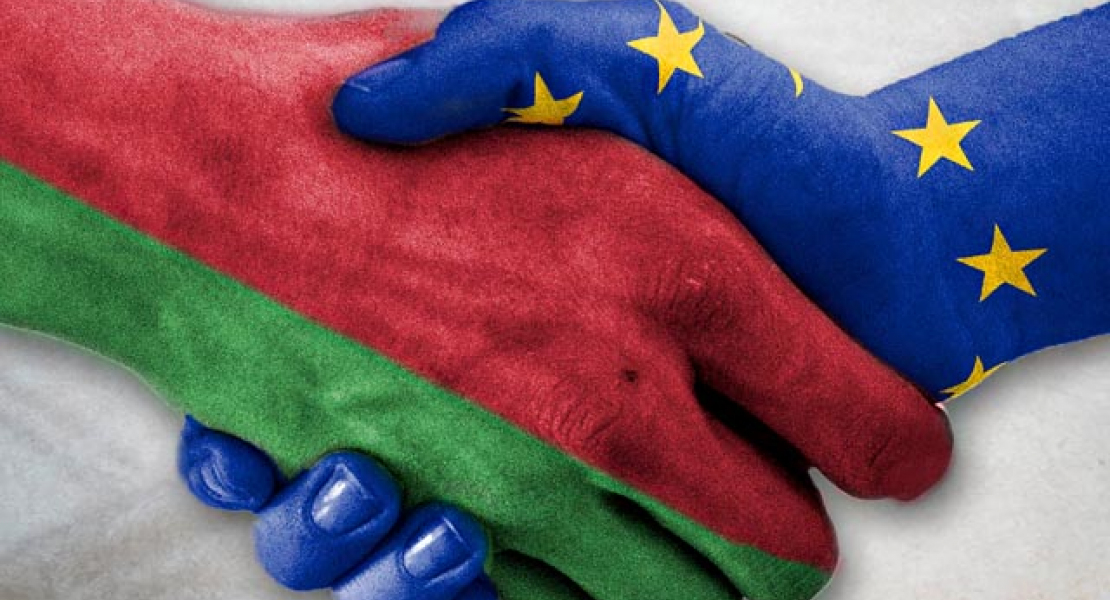photo: https://eap-csf.eu
It remains unclear whether the Eastern Neighbourhood will remain a priority direction for the EU. What is the future of the EaP and how could Belarus benefit from it?
In 2019 Belarus and EU finalised the long-awaited visa facilitation and readmission agreement. Moreover, Minsk is willing to host the Eastern Partnership summit, which would be the first of its kind outside the EU. At the same time, some assess the latest developments in a less optimistic way. Specifically, they point the EaP’s failure to bring about democratic changes in Belarus and the EU's “pragmatic” rapprochement with the Belarusian regime despite poor human rights record.
On the 10th anniversary of the Eastern Partnership (EaP) programme, it may be a good time to review its role in the EU-Belarus relations, as well as for Belarusian economy and civil society.
Main points of the policy paper
- Belarus remains an outlier among other Eastern Partnership (EaP) members, and the progress in relations between Minsk and Brussels is modest.
- At the same time, the EaP technical assistance facilitates policy reforms, which, in turn, contribute to the country's resilience.
- Collaboration with the European Investment Bank and European Bank for Reconstruction and Development helps to diversify lending options that Belarus might seek from Russia- and China-led Eurasian institutions, thus, mitigating political risks of extensive dependance on one lender.
- The EaP support for the civil society and insistence to include them in a dialogue with the government (even in a formalistic way) amplifies the civic society organisations' voices.
- When it comes to EaP deliverables, it is tempting to highlight "easy" non-controversial topics such as cross-border or environmental cooperation, avoiding a problematic conversation on the respect for the rule of law and the human rights issues. Those successful projects could build momentum for further progress in EU-Belarus relations, yet the EaP also has a potential of bringing a political transformation and reforms, and should focus on those aspects too.
Read the full paper in English
The paper was prepared within Katsiaryna Shmatsina's Think Visegrad Fellowship


